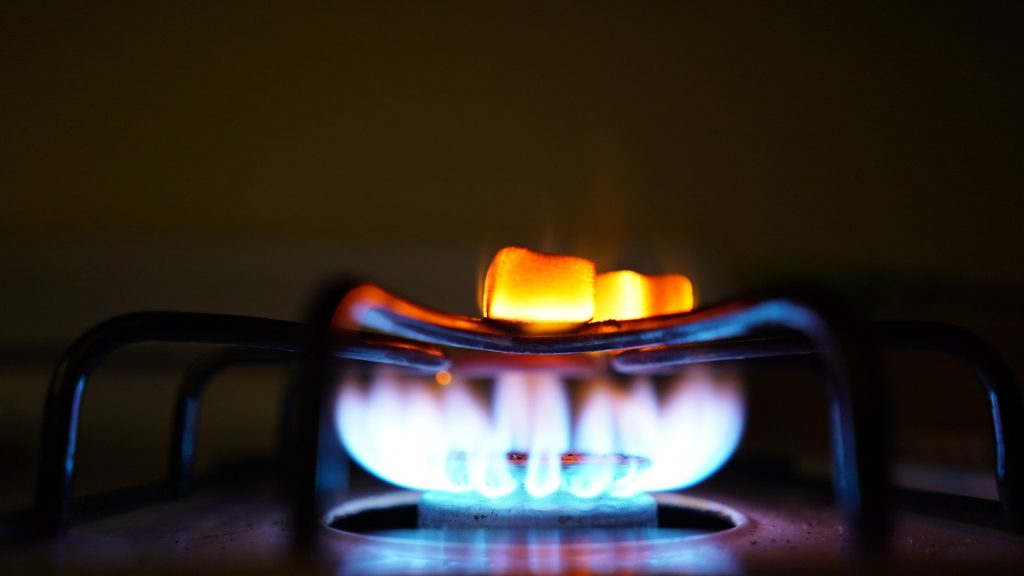Introduction
Recently Tums Mmope, The Narrator, did a very informative (and entertaining) video on the use of gas heaters in sectional title schemes. More and more individuals are making use of gas due to the breaks in our electricity supply during loadshedding. Gas can be used for many purposes in residential homes: in gas geysers, gas heaters, gas braais and gas burners on stove tops and in ovens. In this article I will address the use of gas in sectional title schemes.
What does the Sectional Title Legislation state in regard to the use of gas?
Prescribed conduct rule (“PCR”) 6 deals with the storage of flammable materials and provides that:
“6(1) Subject to sub-rule (2), the owner or occupier of a section must not, without the trustees’ written consent, store a flammable substance in a section or on the common property unless the substance is used or intended for use for domestic purposes.
(2) This rule does not apply to the storage of fuel or gas in
(a) the fuel tank of a vehicle, boat, generator or engine; or
(b) a fuel tank or gas cylinder kept for domestic purposes.”
Gas used for domestic purposes is therefore allowed in sectional title schemes, but there are further legal requirements for the installation of domestic gas cylinders.
What does South African law require in regard to the use of gas?
The Pressure Equipment Regulations of 2009 were incorporated into the Occupational Health and Safety Act 85 of 1993. In terms of these Regulations, all gas installations must have a Certificate of Conformity. This Certificate must state that the installation has been properly inspected and is determined to be safe and leak free, and must be issued by an authorised person, who is registered with the Liquefied Petroleum Gas Safety Association of Southern Africa (LPGAS). Regulation 1 defines an “authorised person” as a person who is registered as competent within the scope of work for which an organisation approved by the chief inspector has registered that person. Regulation 17(3) provides that any person selling a property (sectional title unit) which has a gas installation, must obtain a Certificate of Conformity in respect thereof, and must further deliver a copy thereof to the purchaser.
Implications for insurance
Both the body corporate insurer as well as the owner’s contents insurer could repudiate a claim in circumstances where damage results from a defective gas installation where a Certificate was not issued by someone registered with LPGAS. Before any gas installations are authorised and installed the individual owner and/or the trustees should read the insurance policies as the body corporate’s rules to establish what is legally required to ensure that any possible damage would be covered by the relevant insurance policies.
Some practical suggestions for the use of gas in sectional title schemes
- Ensure all gas installations within the scheme have a Certificate of Conformity.
- Keep a register for all the installations and Certificates.
- Keep a plan indicating the location of all gas installations in the Scheme.
- Ensure regular inspections and maintenance of all gas installations.
- Ensure that gas installations are compliant for the purposes of maintaining insurance cover.
- Ensure that all gas cylinders located on common property are enclosed in locked wooden boxes.
- Update scheme rules to ensure that the provisions relating to installation, inspection and maintenance of gas installations are adequately dealt with.
- Require all units to install snoke detectors and carbon monoxide alarms.
- Require all units to keep fire extinguishers in their sections.
- Keep and maintain enough common property fire extinguishers .
- Educate owners on the safe use and risks of all gas installations.
- Provide information on a list of reputable gas refill service providers.
- Have a gas leak and possible resulting fire emergency exit plan with a safety point in place, and do practice it regularly.
Conclusion
Gas has many beneficial uses, but must be installed, used, refilled and maintained correctly to limit any resultant risk that come with the use of using flammable substances. Hopefully this article points bodies corporate in the right direction in regard to the correct and safe use of gas installations.







![Case discussion on SS Glen High v Kruger NO ((2023/055133) [2024] ZAGPJHC 1059 (10 September 2024)](https://b2659803.smushcdn.com/2659803/wp-content/uploads/2024/10/OIP-300x200.jpeg?lossy=1&strip=1&webp=1)




